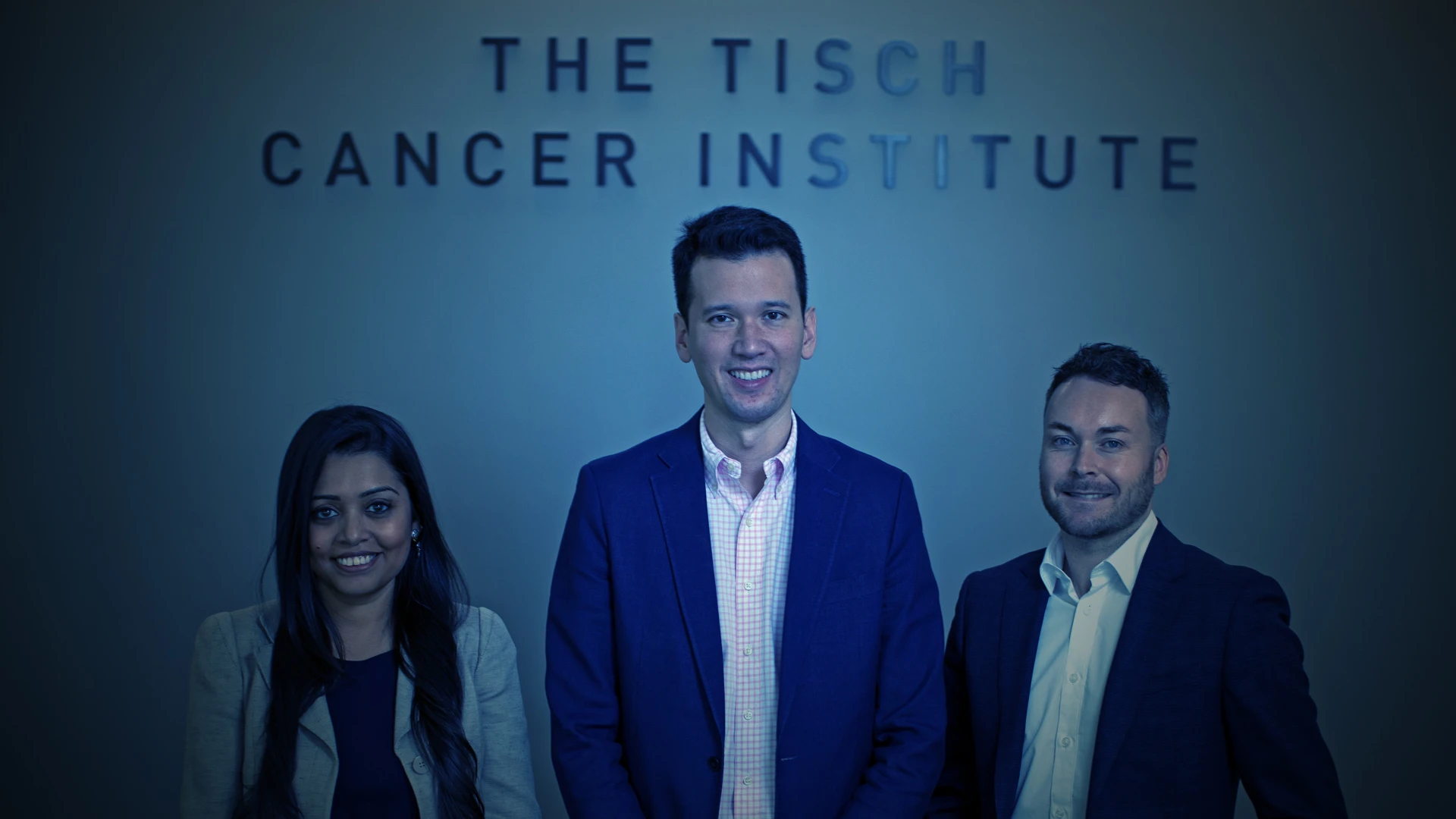Triparna Sen, PhD

With her expertise in thoracic malignancies—and small-cell lung cancer, in particular—Dr. Sen is thoroughly committed to her goal: to develop and bring to the clinic novel therapies that can make a difference for patients against an aggressive form of cancer. Her lab is uniquely equipped for that challenge through its leading-edge work in understanding changes in cancer cells at the molecular level that contribute to their growth, metastasis, and drug resistance.
Dr. Sen joined Mount Sinai in June as an Associate Professor of Oncological Sciences and Co-Director of the Lung Cancer PDX Program. She earned her PhD in Cancer Biology from Jadavpur University in Kolkata, India, and a Master of Science in Genetics from the University of Calcutta. She completed postdoctoral fellowships at MD Anderson Cancer Center in Houston and Washington University in St. Louis, and most recently was an Assistant Attending Professor at Memorial Sloan Kettering Cancer Center.
Her lab has generated preclinical models for different subsets of lung cancer through use of new technologies such as single-cell profiling, digital spatial imaging, CRISPR screening, and disease-relevant preclinical models. “These strengths are enabling us to study thoracic malignancies with almost unprecedented resolution,” Dr. Sen says.
Daniel James Puleston, PhD

As the field of immunology has come to understand in recent years that metabolism is a key driver of immune system events, Dr. Puleston, who joined Mount Sinai as Assistant Professor of Oncological Sciences in June, has positioned his laboratory at the intersection of those areas. “Some of the cutting-edge work my lab is doing is finding new ways to probe the activity of metabolic pathways in cells within the tumor itself in human patients,” he says, adding his team is looking at ways metabolism governs immune cells and how metabolic factors instruct the development of tumors and inflammatory disease.
Dr. Puleston’s training includes a PhD in Immunology and a Master of Science in Integrated Immunology from the University of Oxford. Most recently, he was a postdoctoral fellow at the Max Planck Institute of Immunobiology and Epigenetics in Freiburg, Germany, where he investigated polyamine metabolism in immune cell fate and function. Among his awards are a Sir Henry Wellcome Postdoctoral Fellowship from the Wellcome Trust and the Prize PhD in Medicine from the University of Oxford.
Leveraging Mount Sinai’s resources, Dr. Puleston’s lab has teamed up with liver transplantation surgeons to study metabolism in the tumors of patients with hepatocellular carcinoma. “It’s a perfect example of how research and clinical sides are coming together to investigate important questions of tumor biology,” he observes.
Igor Bado, PhD
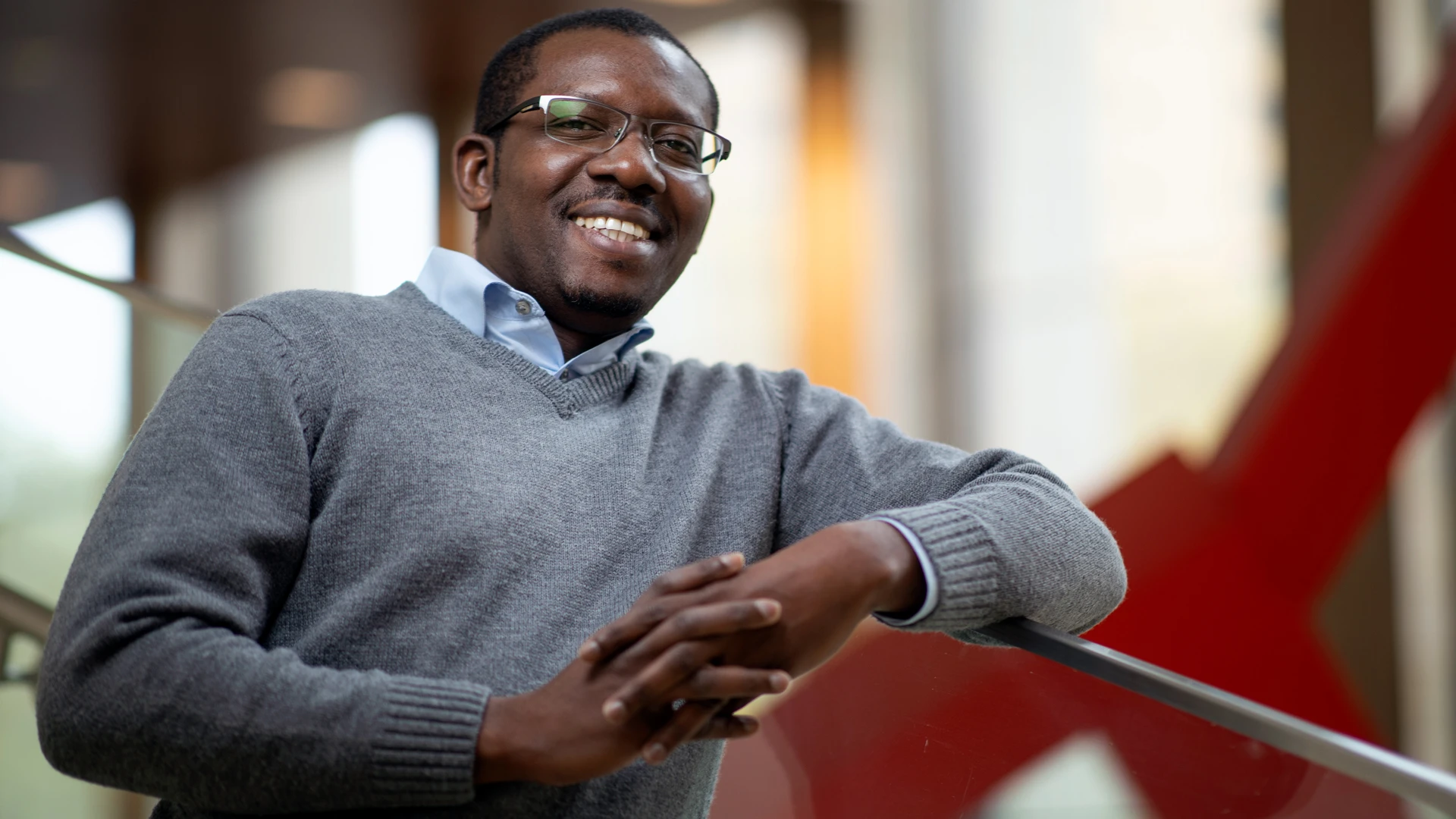
With the help of innovative research models, Dr. Bado and his lab are focused on the mechanisms that contribute to breast cancer metastasis and, in particular, the role of epigenetic plasticity in that progression. His accomplishments include identifying the role of osteogenic cells in mediating endocrine resistance and metastasis progression, and investigating the transcriptional regulatory mechanism involving estrogen receptors and the p53 gene in breast cancer.
Dr. Bado, Assistant Professor of Oncological Sciences, joined Mount Sinai in September. He has a PhD in Cell and Molecular Biology from the University of Houston, and a Master of Science in Biochemistry and Applied Microbiology from the University of Ouagadougou in Burkina Faso (West Africa). He completed a postdoctoral fellowship at Baylor College of Medicine, where he served as an instructor in the Lester and Sue Smith Breast Center.
Looking ahead, Dr. Bado has set his sights on better understanding the epigenetic reprogramming of cancer metastases and establishing new strategies to identify alternative therapies to treat secondary metastases. “We’re particularly interested in learning how cancer cells escape and survive and using that knowledge to change the response of cells to different drugs in a way that produces better outcomes for patients with breast cancer,” he says.
Juan Martin Arriaga, PhD

Dr. Arriaga, Assistant Professor of Oncological Services at Mount Sinai, is looking earnestly at molecular and cellular mechanisms of prostate cancer metastasis and treatment resistance. Using uniquely engineered mouse models, organoids, and functional genomics, his lab is investigating how different molecular alterations found in tumors originating in the prostate allow cells to migrate and survive in other tissues. Collaborating with well-known clinical and research professionals in the Mount Sinai Health System is integral to his research. “We’re partnering with the Department of Urology to generate functional biobanks of living organoids whose tissue will be critical to our work designed to show how tumors behave,” he says.
Prior to joining Mount Sinai in January 2022, Dr. Arriaga was an associate research scientist in the Department of Molecular Pharmacology and Therapeutics at the Herbert Irving Comprehensive Cancer Center at Columbia University, where he did his postdoctoral training. While there, he identified a powerful gene signature (META-16) that can isolate localized prostate cancer tumors at high risk of metastasizing.
Dr. Arriaga has a PhD in Biochemistry and Pharmacy from the University of Buenos Aires, and has been honored with a 2021-2023 Young Investigator Award from the Prostate Cancer Foundation and a National Cancer Institute K22 Career Development Award to Promote Diversity.
Elvin Wagenblast, PhD
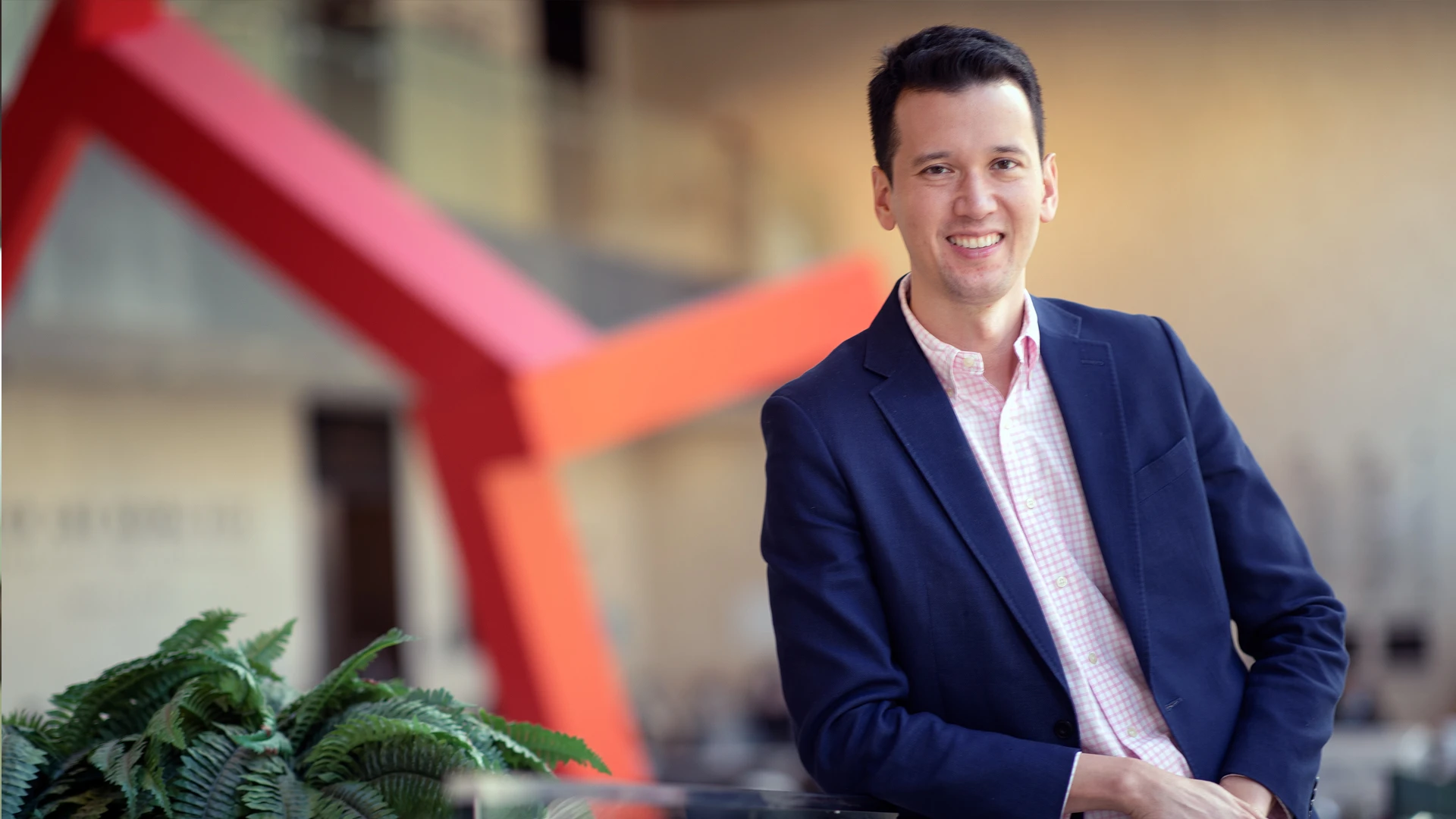
Coupling CRISPR/Cas9-mediated genome editing approaches with human primary blood stem cells, Dr. Wagenblast is working on childhood acute myeloid and lymphoblastic leukemia, both notable for their lack of therapeutic options. His lab has developed models to investigate the cellular origins of leukemia and, based on that understanding, the cell types that trigger leukemia formation. The overriding goal of his lab, Dr. Wagenblast says, is to uncover insights into the genetic, cellular, and developmental mechanisms of pediatric leukemia and identify therapeutic vulnerabilities of the pernicious disease.
Dr. Wagenblast joined Mount Sinai in June as Assistant Professor of Oncological Sciences, and he is a member of the Black Family Stem Cell Institute, The Tisch Cancer Institute, and The Mindich Child Health and Development Institute. He has a PhD in Biological Sciences from Cold Spring Harbor Laboratory on the North Shore of Long Island, and completed his undergraduate studies at Heidelberg University. He finished his postdoctoral studies as a Human Frontier Science Program Fellow and Banting Fellow at Princess Margaret Cancer Center in Toronto.
Mount Sinai’s resource-rich medical departments and biorepositories are helping facilitate Dr. Wagenblast’s research. These assets include umbilical cords donated by mothers of newborns that can be used to isolate hematopoietic stem cells for new modeling approaches, as well as access to clinical materials from patients with leukemia. “Our hope is to identify unique therapeutic targets,” he notes, “and to be able to look back one day and know that we really made a difference in the lives of children with leukemia.”
Featured

Triparna Sen, PhD
Associate Professor of Oncological Sciences; Co-Director of the Lung Cancer PDX Program
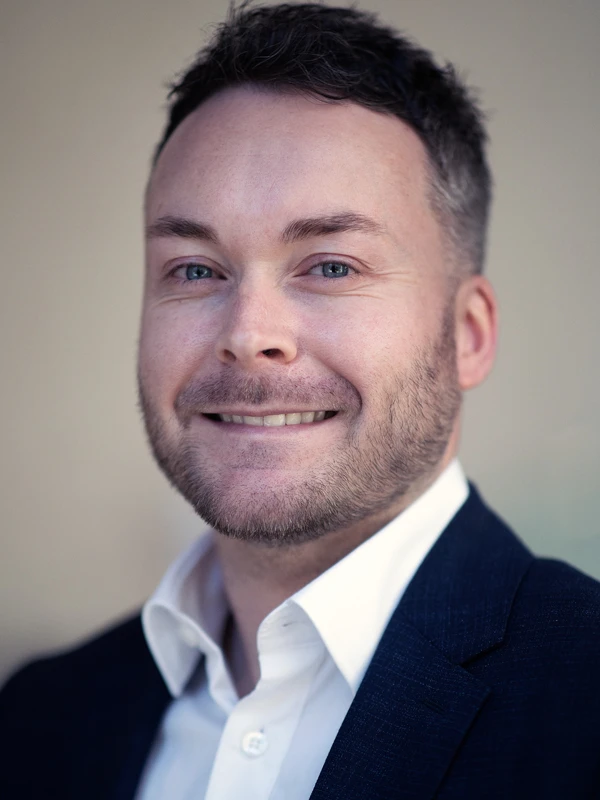
Daniel James Puleston, PhD
Assistant Professor of Immunology and Immunotherapy, and Oncological Sciences
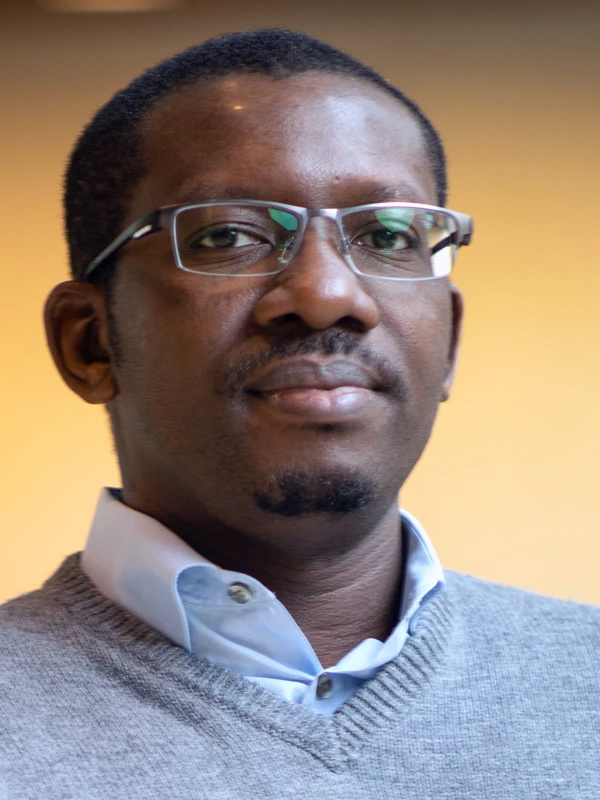
Igor Bado, PhD
Assistant Professor of Oncological Sciences
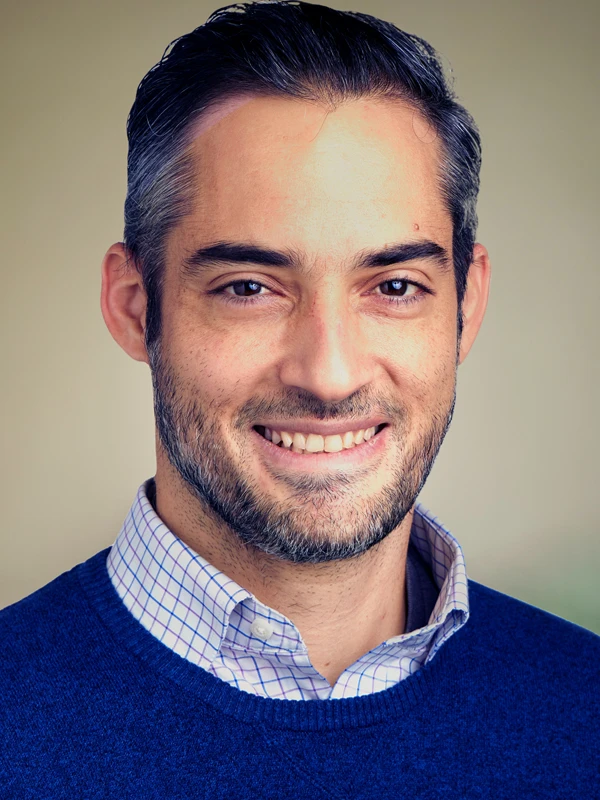
Juan Martin Arriaga, PhD
Assistant Professor of Oncological Services
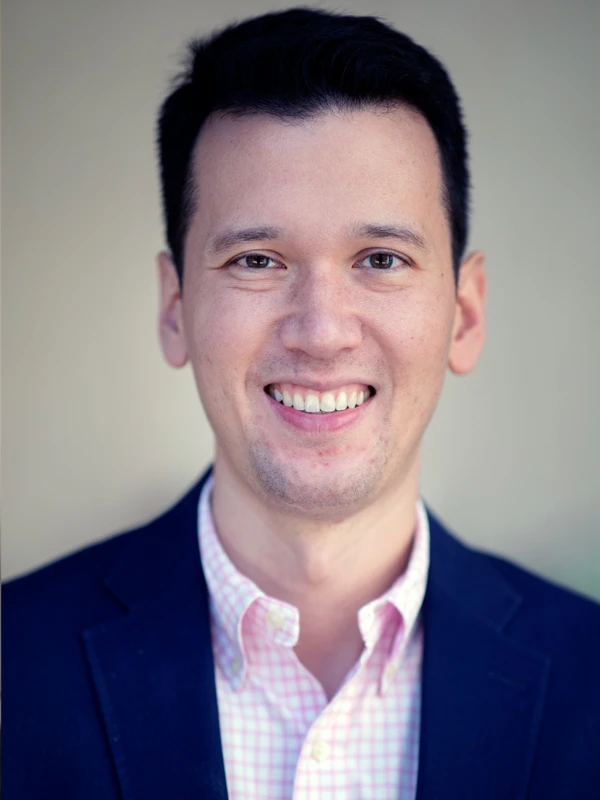
Elvin Wagenblast, PhD
Assistant Professor of Oncological Sciences
